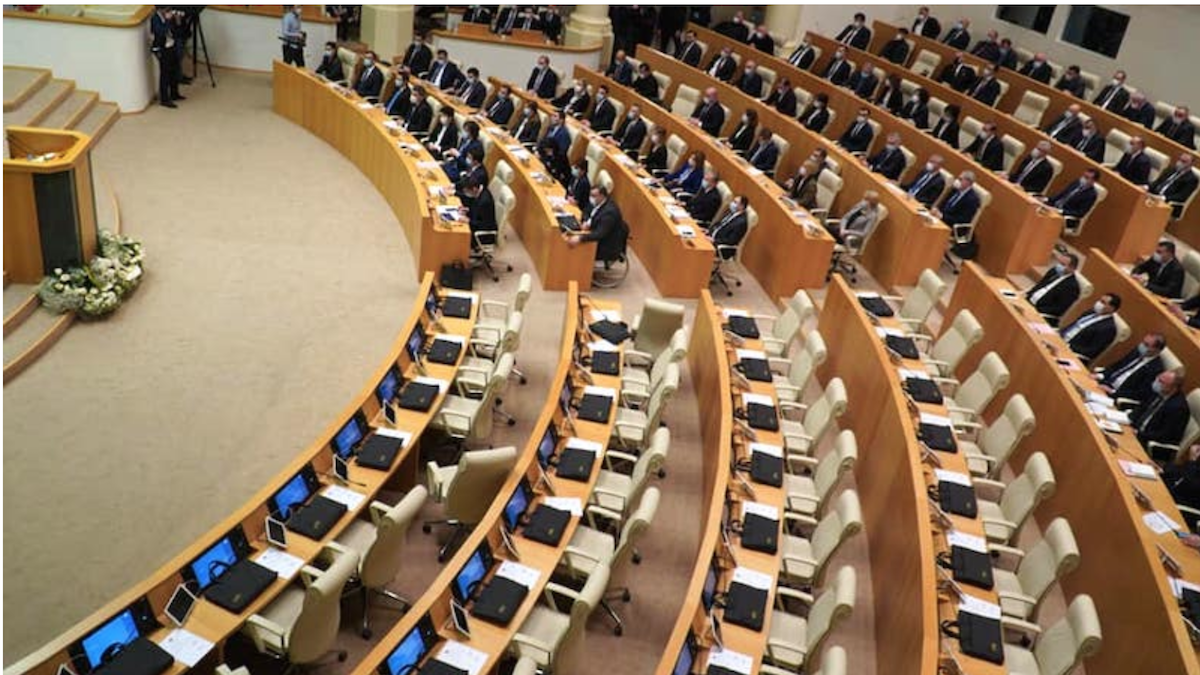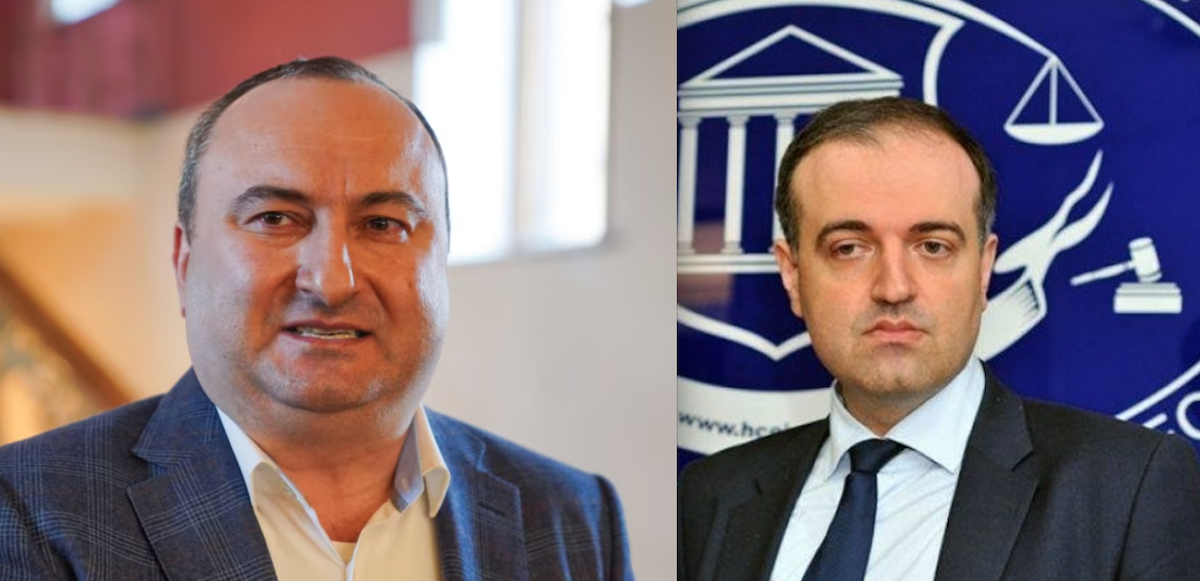'Latest steps further undermine foundations of democracy in Georgia' — EU Commissioners' statement
EU Commissioners’ statement on Georgia
EU High Representative for Foreign Affairs and Security Policy Kaja Kallas and Enlargement Commissioner Marta Kos have issued a joint statement on Georgia, addressing the repressive laws recently passed by the ruling Georgian Dream party.
According to the statement, these steps further undermine the foundations of democracy in Georgia and are fundamentally incompatible with the values of the European Union: democracy, the rule of law, and media pluralism.
The statement also warns that the new laws threaten the work of activists, civil society, and independent media.
What does the statement say?
“The new legislation, including Foreign Agents Registration Act and Law on Broadcasting, adopted by the parliament, without due public consultations, give additional tools to the Georgian authorities to supress dissent and tighten the policy of repression, – reads a statement issued by High Representative/Vice-President Kaja Kallas and Commissioner Marta Kos on the latest developments in Georgia.According to them, a vast majority of Georgian people want Georgia to join the European Union.“These laws risk stigmatising the work of civic activists, threatening the survival of civil society and independent media, rolling back human rights protections, unduly restricting fundamental freedoms, and eroding democratic decision-making.
These steps further erode the foundations of democracy in Georgia. Such actions are fundamentally incompatible with EU values of democracy, rule of law and media pluralism, and far from anything we would expect from a candidate country. They will negatively impact Georgia’s EU path. Adherence to these EU values is not negotiable.
A vast majority of Georgian people want Georgia to join the European Union. We call on the authorities to demonstrate a genuine and irreversible commitment to returning to the EU path. This requires stopping the violence against citizens, releasing all those unjustly detained, suspending repressive laws, consulting the Venice Commission, and engaging in a meaningful dialogue with civil society and all political actors to find a way out of the current crisis.
Georgia’s return to the EU accession path is fully in the hands of the country’s authorities.
The European Union remains ready to support Georgian people’s European aspirations and all efforts towards a democratic, stable, and European future for Georgia”, the statement reads.
On 1 April, Georgia’s one-party parliament adopted the following changes:
● A law “On the Registration of Foreign Agents”, Georgia’s version of the American FARA. However, unlike the US law, which primarily targets lobbying organisations, the Georgian version is aimed at media outlets and civil society organisations;
● Amendments to the Law on Broadcasting. The new legislation fully bans broadcasters (including online platforms) from receiving foreign funding, further worsening the already dire situation of key media outlets. The same law introduces new restrictions on journalists’ professional activities, including on interactions with sources, and increases oversight and punitive measures;
● The article on “treason”, repealed in 2007, has been reintroduced into the Criminal Code;
● The word “gender” has been removed from 15 existing laws. The phrase “gender equality” has been replaced with “equality between women and men”. The concept of “gender identity” will also be eliminated from legislation. Gender researchers have described the move as a “nod to far-right voters”;
● The obligation to involve non-governmental organisations in the legislative process has been abolished. The ruling party Georgian Dream cited the “anti-democratic” and “subversive” activity of NGOs as the reason for the change.




















